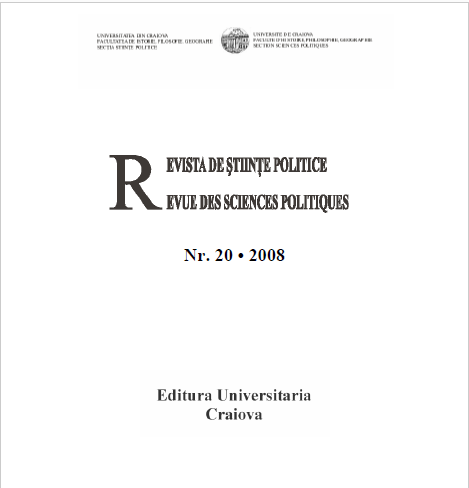The Principle of “Equal Pay for Equal Work” in Community Norms and Romanian Legislation
The Principle of “Equal Pay for Equal Work” in Community Norms and Romanian Legislation
Author(s): Cezar Avram, Roxana RaduSubject(s): Labor relations, Socio-Economic Research
Published by: Editura Universitaria Craiova
Keywords: employment right; salary; work; discrimination; directive; policy; law;
Summary/Abstract: The « equal pay for equal work » principle finds its source in the larger principle of non-discrimination among employees. This principle is stipulated in Article 141 (former Article 119) of the Treaty of Rome and in Directive 75/117/EEC. Thus the employer is forced to ensure the equality of remunerations among all the employees within an identical situation, the identity of the situation being appreciated based on the qualification and length of service as well as on the work accomplished by the employee. Within the Romanian legislation, Article 154 paragraph 3 of the Labor Code stipulates on the ban of pay differences on grounds of sex, sexual orientation, genetic traits, age, nationality, race, color, ethnic origin, religion, political opinion, social origin, handicap, family situation or family responsibility, affiliation to or union activities.
Journal: Revista de Științe Politice. Revue des Sciences Politiques
- Issue Year: 2008
- Issue No: 20
- Page Range: 90-98
- Page Count: 9
- Language: English

